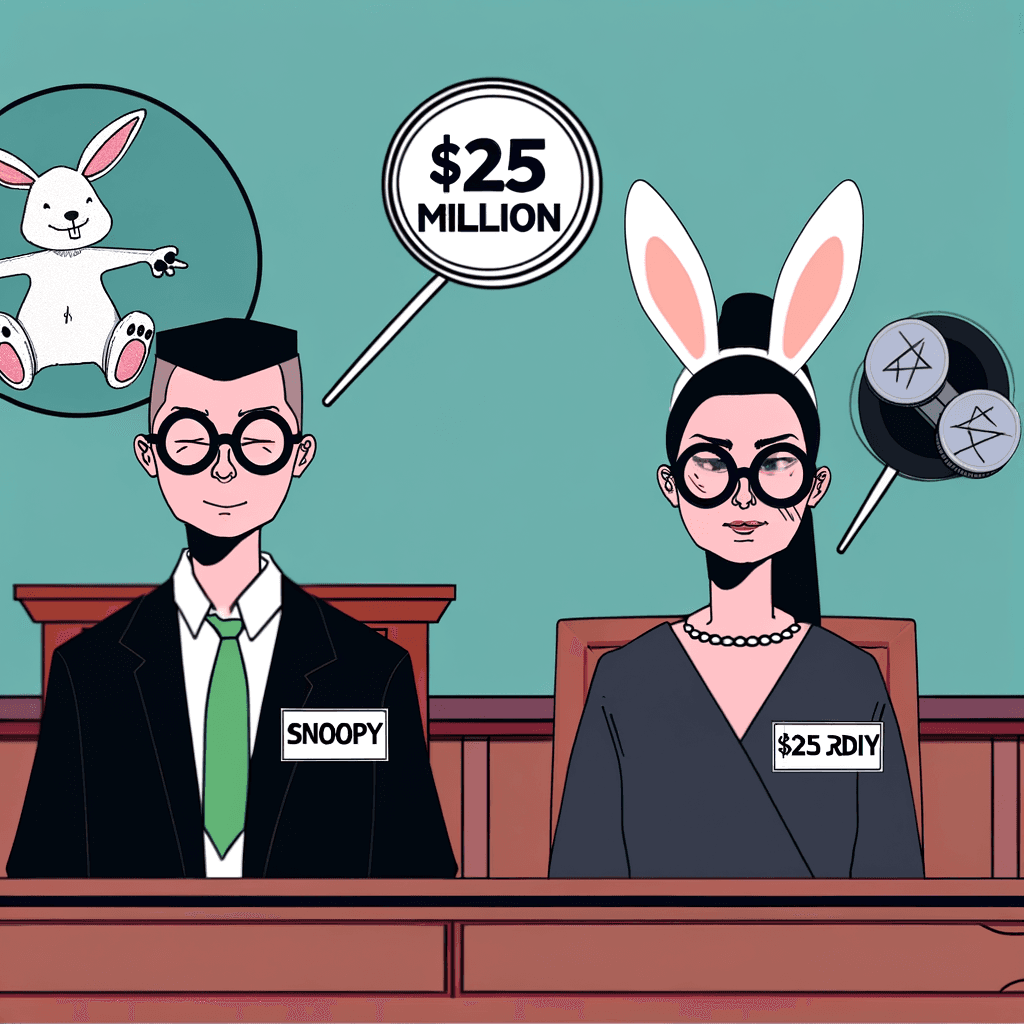October 24, 2025
Sunfort Portdex: Sunfort Portdex Nasıl Önde Gelen Bir Yapay Zeka Ticaret Platformu Olarak Ortaya Çıkıyor, Raporlar Özellikleri ve Yenilikleri Vurguluyor

October 20, 2025
Gerçek 'inekler' mi yoksa kripto dolandırıcıları mı? 25 milyon dolarlık soygun davasında yargılanan 'Snoopy' ve 'Meraklı Tavşan' kardeşlerle tanışın.

October 17, 2025
MIT mezunu kardeşlerin davası 'kriptonun vahşi batısına' odaklanıyor

October 13, 2025
3

October 10, 2025
PayPay, Binance Japonya Hissesi Alarak Kripto Para ve IPO Değerini Artırıyor

